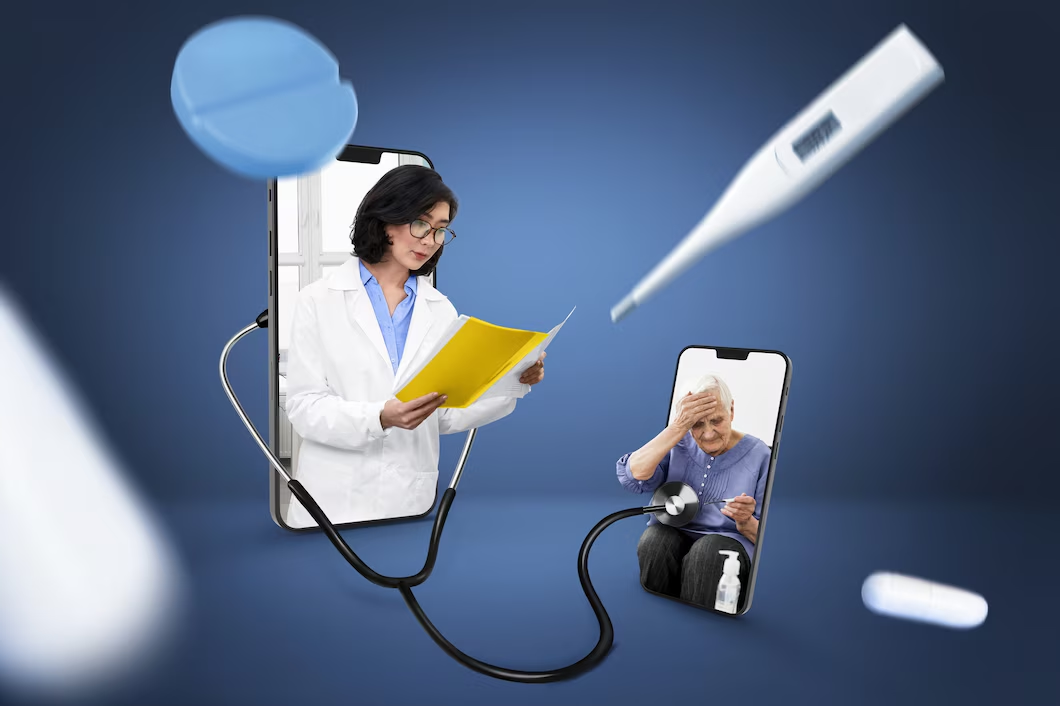
Brazil Digital Health Market Forecast by 2033
Market Size in 2024: USD 10.66 Billion
Market Forecast in 2033: USD 40.85 Billion
Market Growth Rate 2025-2033: 16.10% CAGR
The Brazil digital health market was valued at USD 10.66 billion in 2024 and is expected to reach USD 40.85 billion by 2033, growing at a CAGR of 16.10%. Rapid smartphone penetration, expanding telehealth reimbursement and federal incentives for electronic medical records are driving adoption across hospitals, clinics and home-care settings.
Growth Drivers Powering the Brazil Digital Health Market
Federal Telehealth Reimbursement and National Digital Health Strategy
In 2024, the Brazilian Ministry of Health made the telemedicine reimbursement codes permanent after their pandemic creation, ensuring equivalent payment for video consultations plus in-person consultations inside the SUS system. Because hospitals are encouraged to purchase licensed telehealth platforms, physicians can now bill for remote follow-ups within cardiology, dermatology, as well as mental health. For the National Digital Health Strategy 2024-2030 allocates BRL 3.8 billion so it can expand broadband in 7,000 rural primary-care units, while the Agency for Health Technology published interoperability standards that say any vendor must comply with HL7 FHIR to seek federal procurement contracts. These measures will convert those previously discretionary IT budgets into mandated line items. Vendors because of this have a predictable revenue stream through 2030.
Private Insurance Premium Rebates for Digital Wellness
Insurers are now able to offer up to 10% premium discounts in the event that policyholders sync wearables and attend at least six remote coaching sessions on a yearly basis, because of new rules that were approved by the National Supplementary Health Agency. Amil, Bradesco Saúde, and Hapvida, major insurers, enrolled 4.2 million beneficiaries in digital wellness programmes in 2024, and this spurred demand for FDA-approved wearables, mobile apps, and analytics dashboards. Hospitals are responding because they white-label remote patient monitoring bundles such as Bluetooth blood pressure cuffs with cloud-based ECG interpretation, capturing both the insurance rebate with reduced readmission penalties.
Startup Accelerators and Cloud Infrastructure Investments
The Brazilian Development Bank did launch a BRL 500 million digital health venture fund in 2024 because it offers those subsidised loans and equity co-investment for SaaS platforms that integrate with the national EMR known as e-SUS AB. AWS, Microsoft, and Google opened local cloud regions together for LGPD compliance, decreasing AI imaging latency from 300 ms to under 50 ms while lowering entry barriers for 170 startups presenting pilots within Hospital Israelita Albert Einstein during 2024, turning innovation into scalable commercial deployments.
Request a Sample Copy of this Report: https://www.imarcgroup.com/brazil-digital-health-market/requestsample
Brazil Digital Health Market Segmentation
Analysis by Type
Telehealth
Medical Wearables
EMR/EHR Systems
Medical Apps
Healthcare Analytics
Others
Analysis by Component
Software
Hardware
Services
Analysis by Regional
Southeast
South
Northeast
North
Central-West
Competitive Landscape
The competitive landscape of the industry has also been examined along with the profiles of the key players.
Brazil Digital Health Market News
June 2025: The Ministry of Health rolls out a nationwide blockchain-based prescription tracking module within e-SUS AB to curb opioid fraud and enable real-time pharmacy reconciliation.
April 2025: Hospital Sírio-Libanês begins using AI chatbots integrated with WhatsApp Business to triage 30,000 monthly dermatology enquiries, reducing average wait time from 48 hours to under 2 hours.
March 2025: The National Supplementary Health Agency authorises insurers to reimburse continuous glucose monitoring sensors for non-diabetic policyholders enrolled in preventive metabolic programmes.
February 2025: A joint venture between Teladoc and ViBe Saúde secures contracts to provide virtual primary care to 1.2 million beneficiaries of three state employee health plans in São Paulo and Minas Gerais.
Key highlights of the Report:
Market Performance (2019-2024)
Market Outlook (2025-2033)
COVID-19 Impact on the Market
Porter’s Five Forces Analysis
Strategic Recommendations
Historical, Current and Future Market Trends
Market Drivers and Success Factors
SWOT Analysis
Structure of the Market
Value Chain Analysis
Comprehensive Mapping of the Competitive Landscape
Note: If you need specific information that is not currently within the scope of the report, we can provide it to you as part of the customization.
About Us:
IMARC Group is a global management consulting firm that helps the world’s most ambitious changemakers to create a lasting impact. The company provide a comprehensive suite of market entry and expansion services. IMARC offerings include thorough market assessment, feasibility studies, company incorporation assistance, factory setup support, regulatory approvals and licensing navigation, branding, marketing and sales strategies, competitive landscape and benchmarking analyses, pricing and cost research, and procurement research.



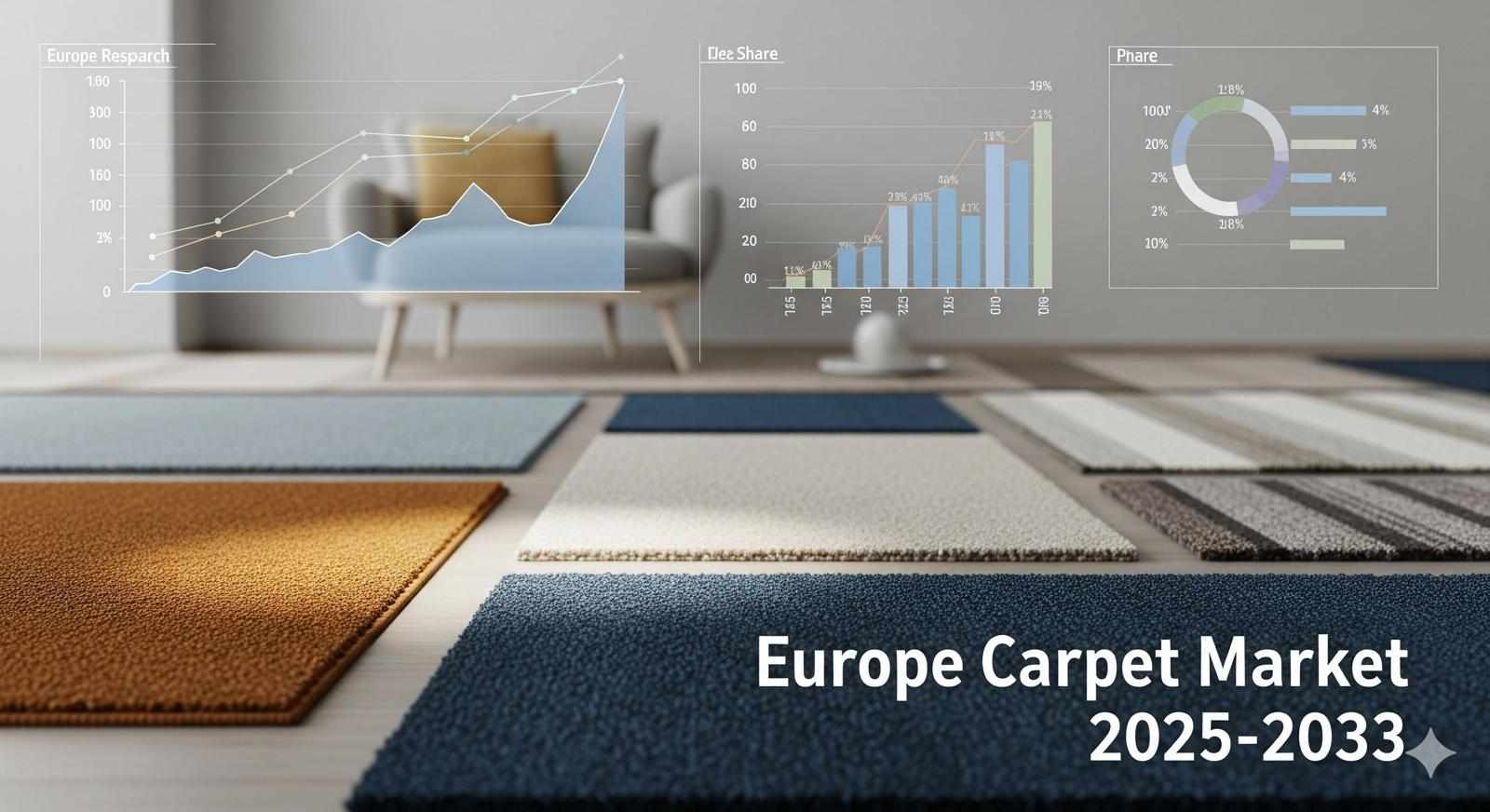
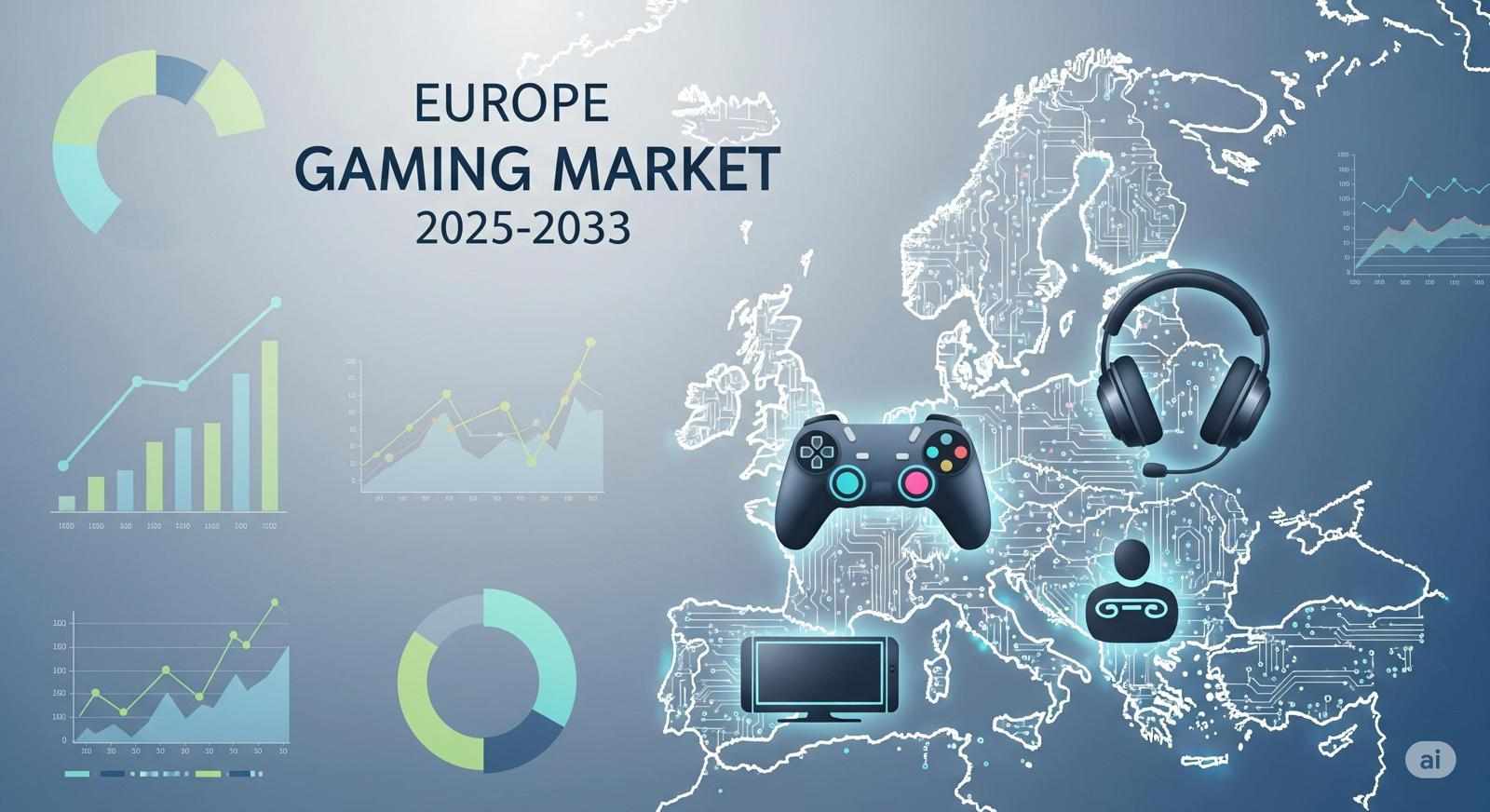

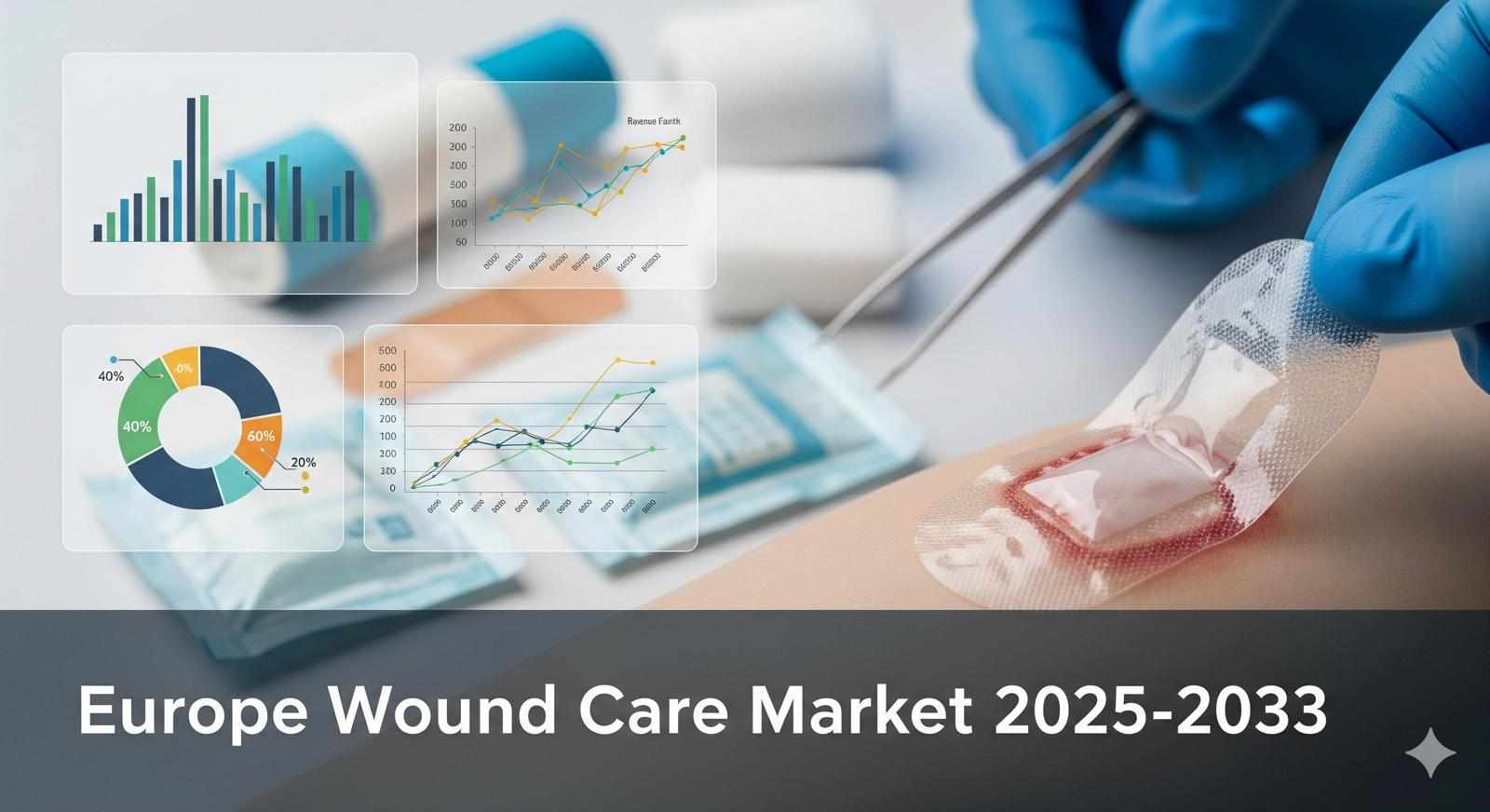

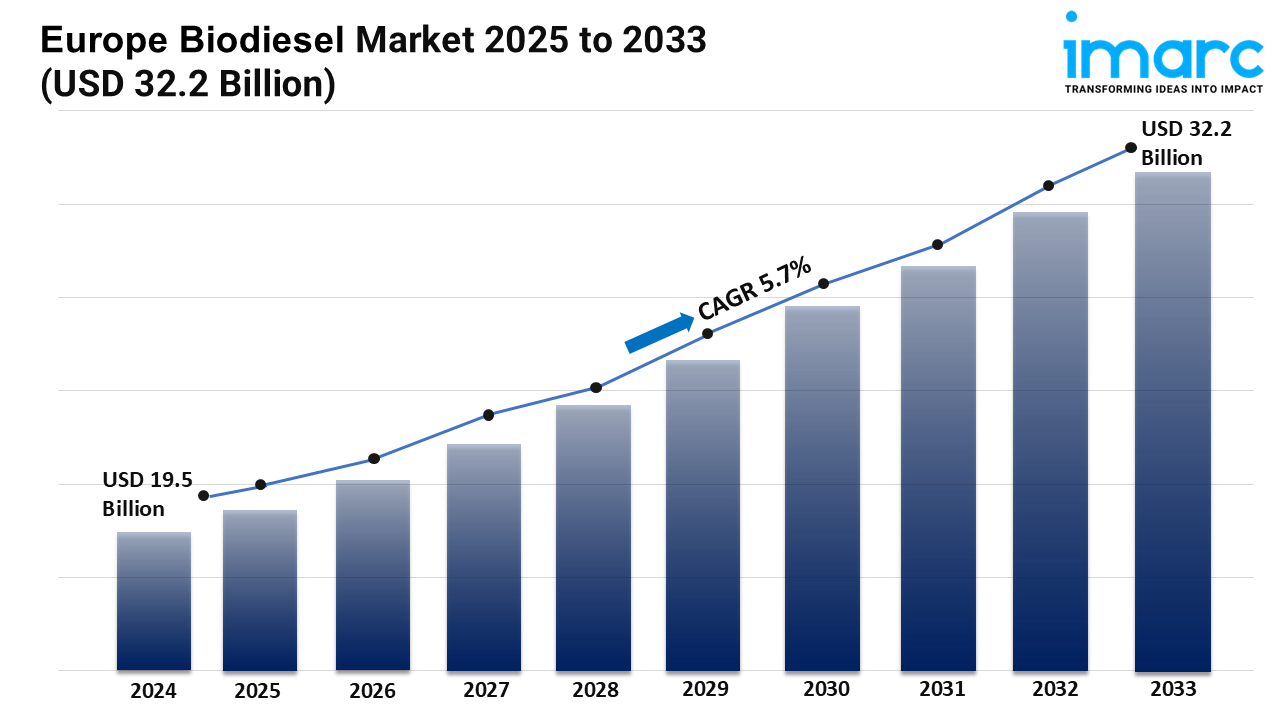
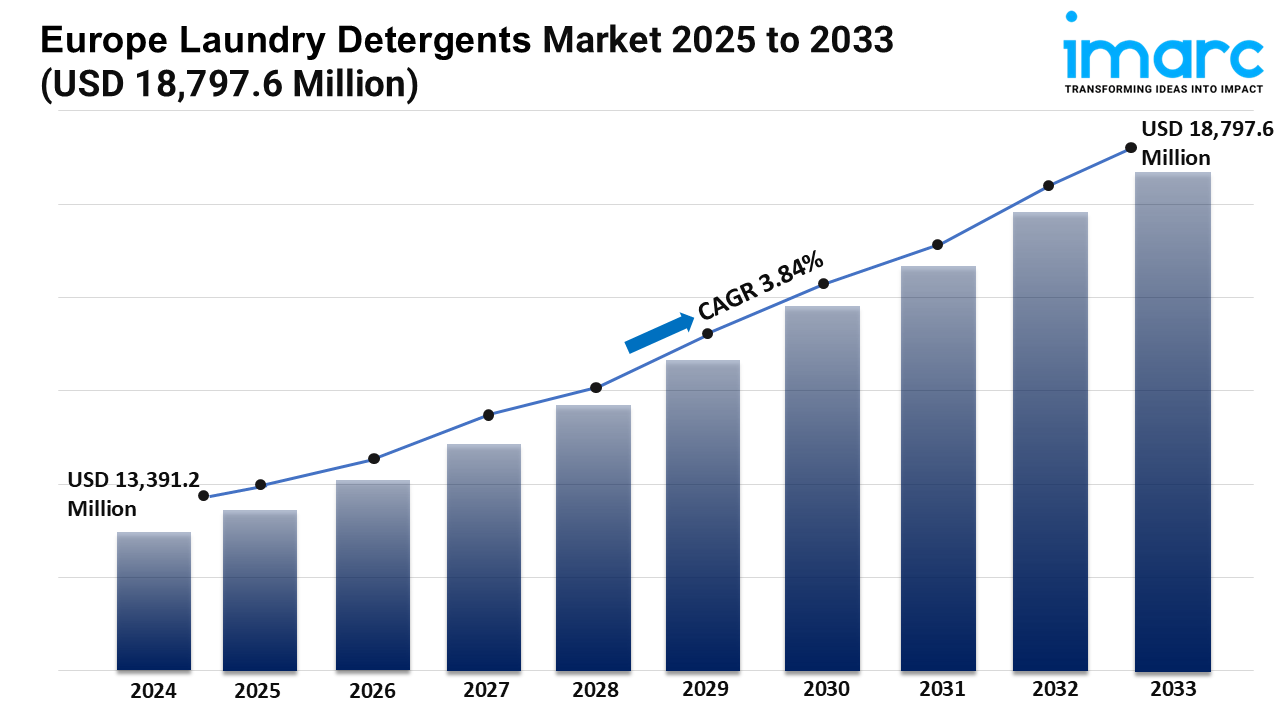
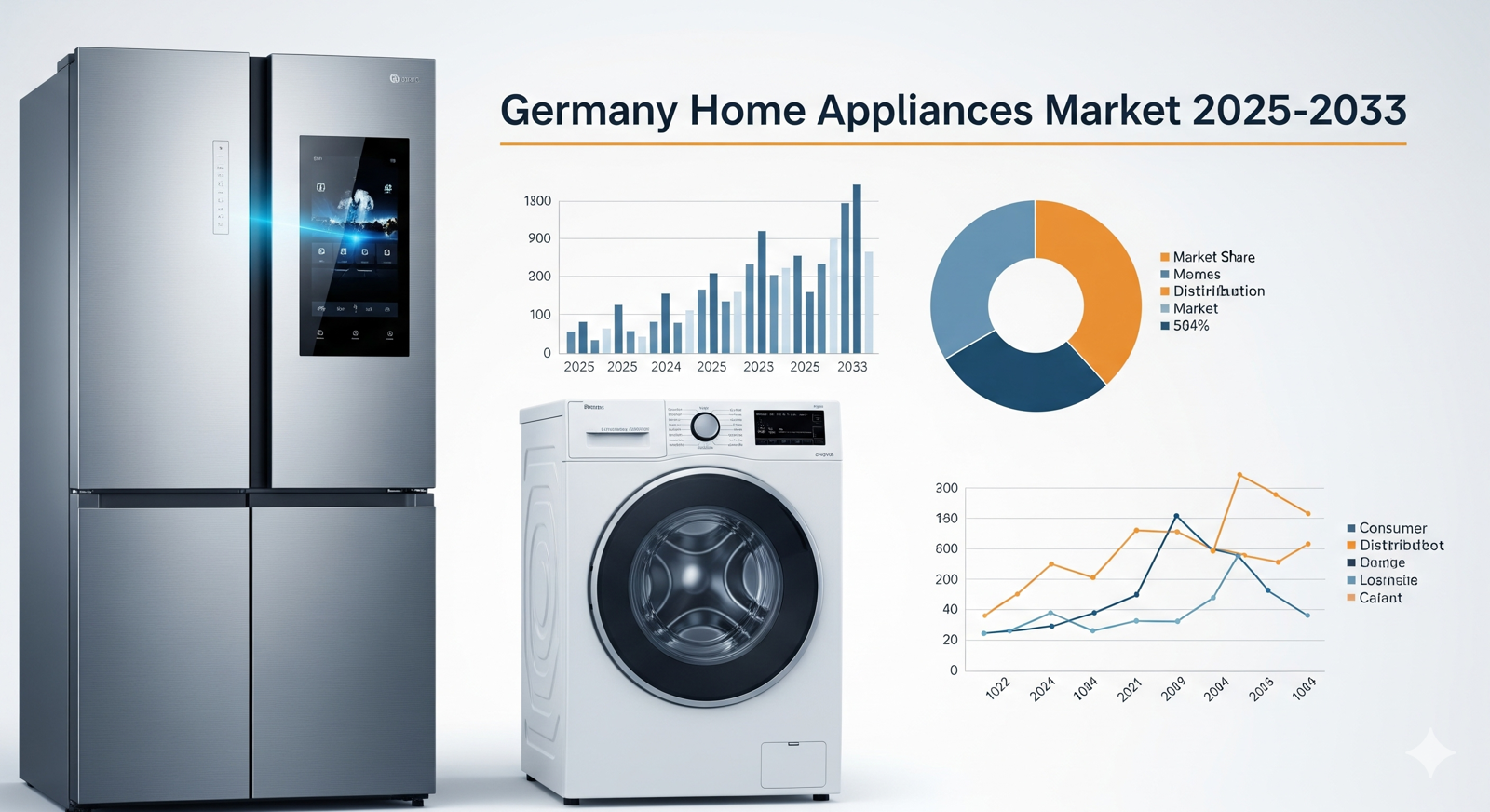
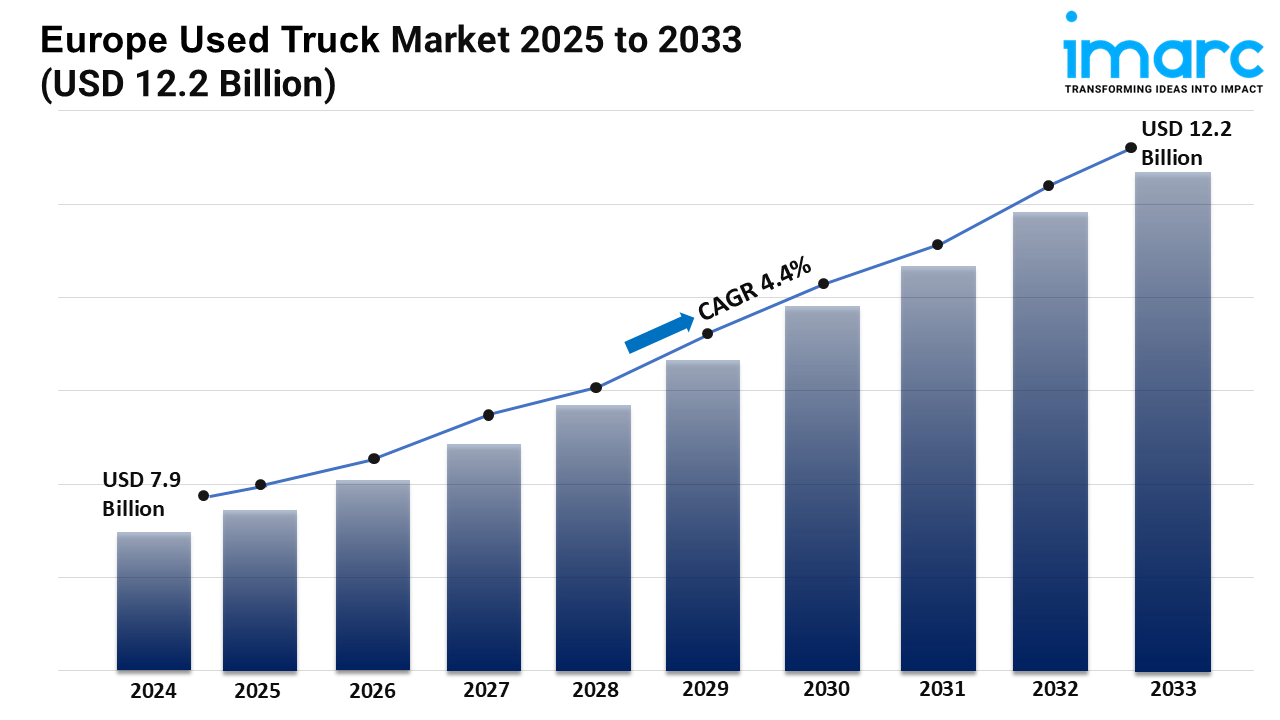
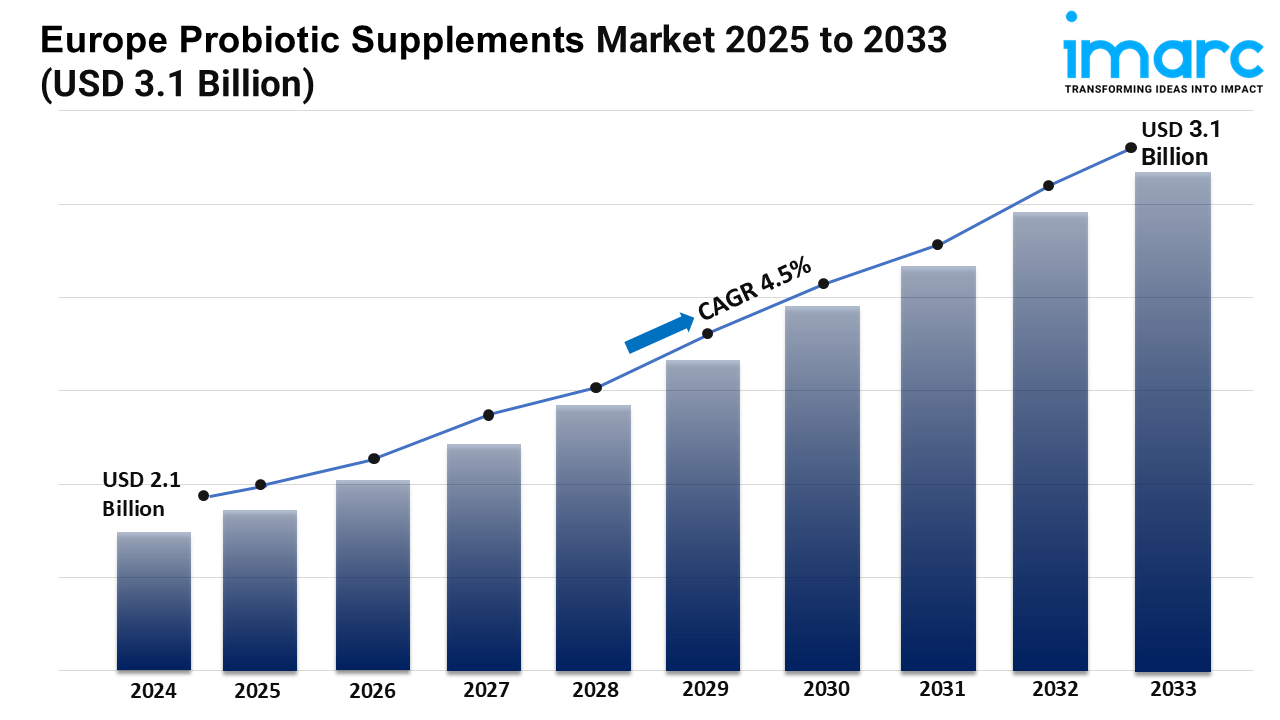
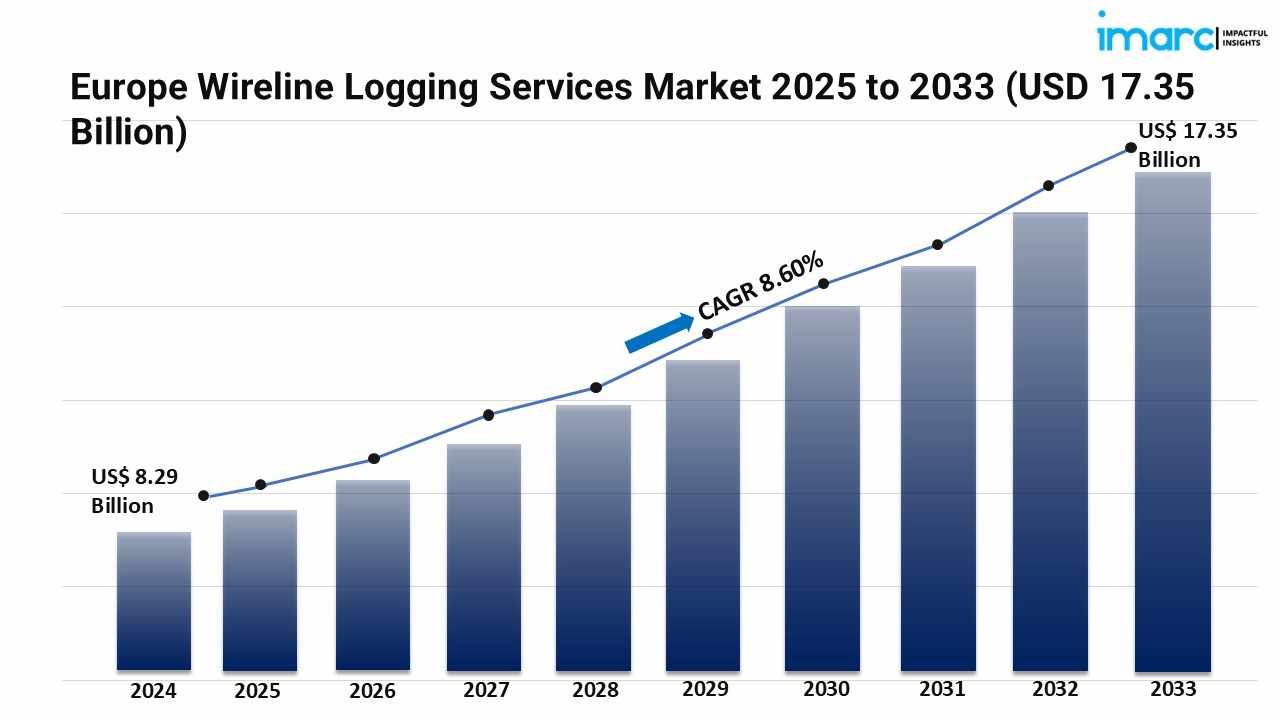
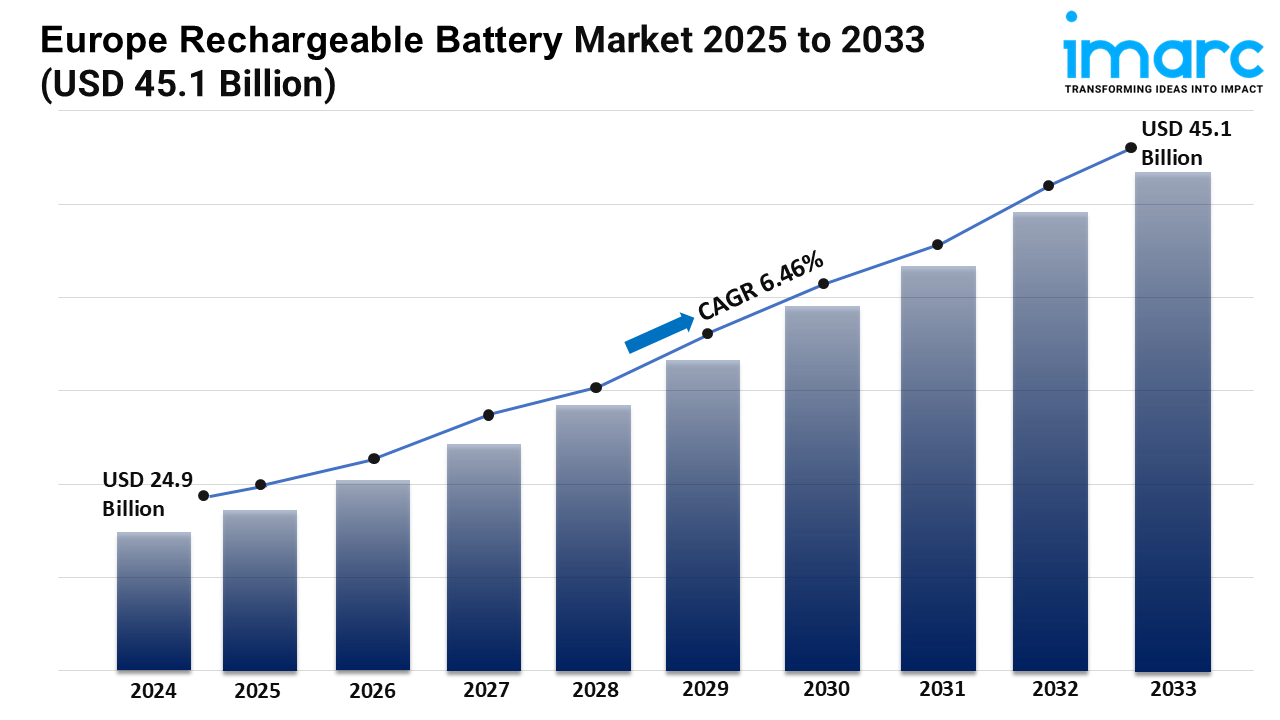
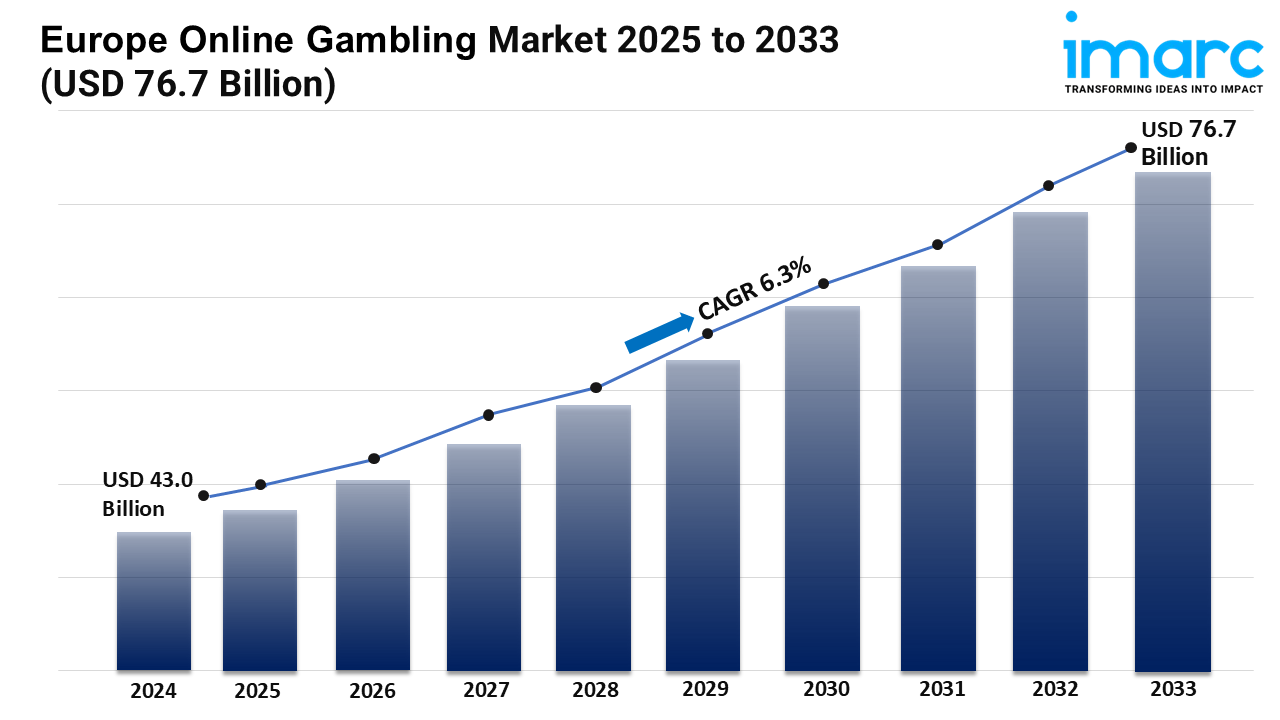




Write a comment ...